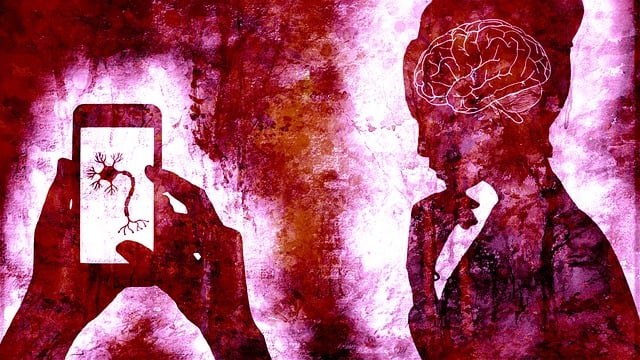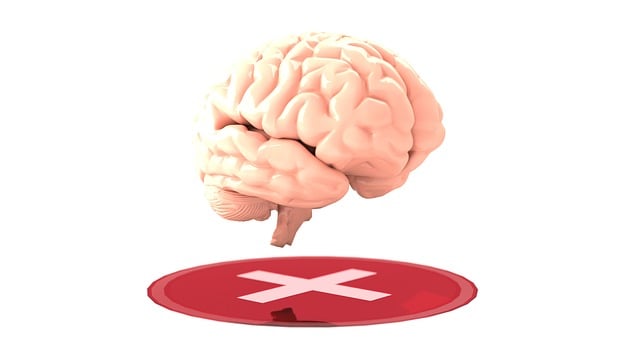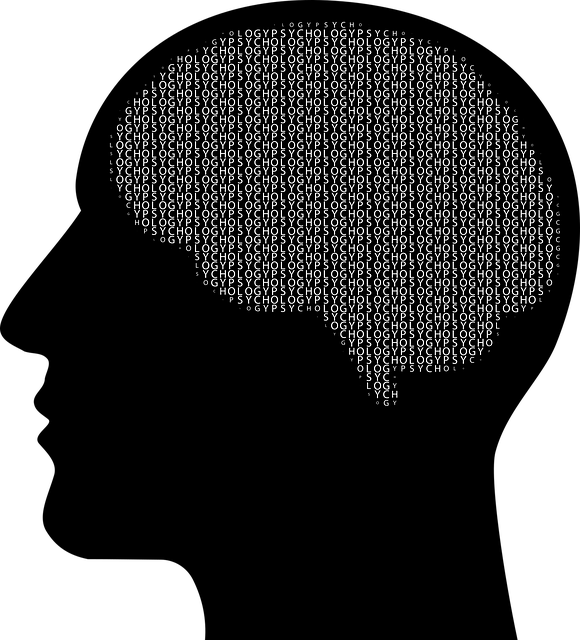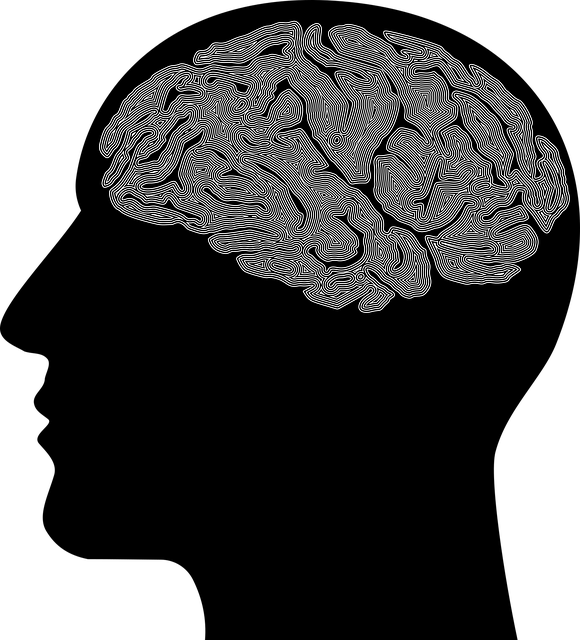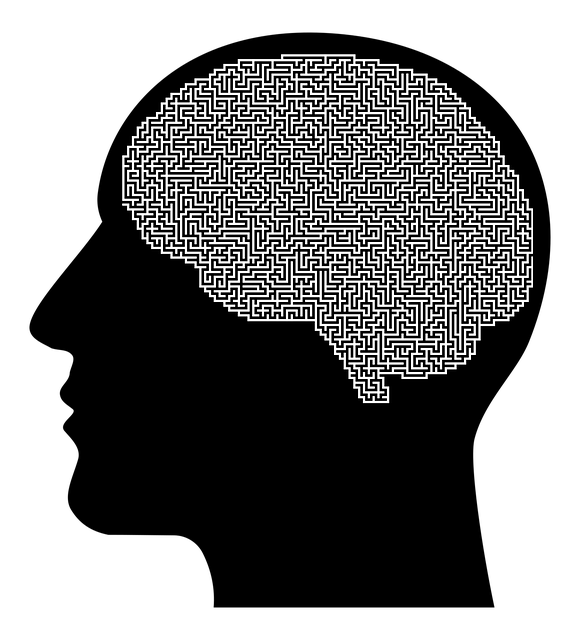Wheat Ridge Veterans Therapy (WRVT) is revolutionizing mental illness diagnosis accuracy with tailored approaches, holistically addressing complexities like subjective symptom experiences and personal contexts. By combining evidence-based techniques, such as Mindfulness Meditation and advanced assessment tools, WRVT improves patient outcomes, particularly for veterans suffering from PTSD. Their success sets a standard for the mental health community, emphasizing the importance of emotional intelligence, education, and technological advancements in precise diagnosis and personalized treatment plans.
Mental illness diagnosis accuracy is a critical aspect of patient care, yet it remains a challenging field. This article explores efforts to improve diagnosis, focusing on the successful model of Wheat Ridge Veterans Therapy (WRVT), a pioneering program enhancing mental health outcomes. We delve into the challenges of accurate identification and present innovative strategies. Additionally, we examine the pivotal roles of training programs and technology in empowering mental health professionals to make more precise diagnoses, as exemplified by WRVT’s impactful approach.
- Understanding the Challenges of Mental Illness Diagnosis
- Wheat Ridge Veterans Therapy: A Case Study in Improved Diagnosis
- Innovative Approaches to Enhance Diagnostic Accuracy
- The Role of Training and Technology in Mental Health Professionals
Understanding the Challenges of Mental Illness Diagnosis

Diagnosing mental illness accurately can be a complex task due to its intricate nature and diverse presentation among individuals. Many factors contribute to this challenge, such as the subjective experience of symptoms, comorbid conditions, and the impact of personal and cultural contexts. This complexity often leads to misdiagnoses or delayed treatment, which can significantly affect an individual’s quality of life. At Wheat Ridge Veterans Therapy, for instance, therapists recognize these challenges and employ tailored approaches like Trauma Support Services to address unique needs.
Effective communication strategies and tools, such as Mindfulness Meditation, play a crucial role in enhancing diagnostic accuracy. By fostering open dialogue between therapist and client, these techniques allow for deeper exploration of symptoms, their underlying causes, and personal experiences that might impact diagnosis. This holistic understanding enables mental health professionals to provide more precise assessments and personalized treatment plans, ultimately improving patient outcomes and well-being.
Wheat Ridge Veterans Therapy: A Case Study in Improved Diagnosis

Wheat Ridge Veterans Therapy (WRVT) is a pioneering initiative that exemplifies enhanced mental illness diagnosis accuracy efforts. This therapy program focuses on veterans, offering specialized services tailored to their unique challenges. WRVT combines evidence-based therapeutic techniques with innovative practices, ensuring a comprehensive approach to understanding and addressing mental health concerns. By implementing advanced assessment tools and training therapists in the latest diagnostic criteria, WRVT has significantly improved the accuracy of diagnoses for post-traumatic stress disorder (PTSD) and other common mental health issues among veterans.
The program incorporates various effective strategies, such as Stress Management Workshops Organization sessions that educate participants on coping mechanisms, Crisis Intervention Guidance to handle acute situations, and Mental Wellness Journaling Exercise Guidance to promote self-reflection. These integrated services create a supportive environment, enabling more precise identifications of mental health conditions. WRVT’s success serves as a model for other therapy centers, demonstrating the potential to revolutionize diagnosis accuracy through tailored interventions and a holistic understanding of veteran experiences.
Innovative Approaches to Enhance Diagnostic Accuracy

In recent years, the mental health community has been actively seeking innovative approaches to enhance diagnostic accuracy, with organizations like Wheat Ridge Veterans Therapy at the forefront of these efforts. One such approach is incorporating emotional intelligence into assessment methods. By teaching individuals and healthcare providers alike self-awareness exercises, it becomes easier to recognize and interpret emotional cues, leading to more precise diagnoses. This, in turn, empowers patients to better understand their own experiences and participate actively in their treatment plans.
Moreover, increasing mental health awareness through educational initiatives and public campaigns contributes to a more nuanced understanding of various mental illnesses. By breaking down stigma and promoting early identification, professionals can catch symptoms at their inception, making diagnostic processes more accurate. These strategies collectively strive to improve patient outcomes and ensure individuals receive the appropriate care for their unique needs.
The Role of Training and Technology in Mental Health Professionals

Mental health professionals play a pivotal role in ensuring accurate diagnoses and effective treatment plans for individuals struggling with mental illness. Training programs have evolved to address this critical need, incorporating advanced techniques and research-backed practices. These efforts are essential, especially considering the complexity of mental health conditions and the potential for misdiagnosis. One such initiative is the comprehensive training provided at Wheat Ridge Veterans Therapy, which equips professionals with the skills to navigate diverse patient presentations.
Technology has also become an indispensable ally in this pursuit of accuracy. Digital tools offer innovative solutions for assessment, diagnosis, and monitoring progress. For instance, crisis intervention guidance apps and online resources can assist professionals in real-time decision-making, especially during acute episodes. Moreover, technology enables better data management, allowing for trend analysis and informed adjustments to treatment strategies. Effective communication strategies, enhanced by digital platforms, facilitate patient engagement and improve outcomes, ultimately contributing to the overall success of mental health care.
Mental illness diagnosis accuracy has seen significant advancements through innovative approaches, such as the successful model implemented at Wheat Ridge Veterans Therapy. By focusing on comprehensive training and leveraging technology, mental health professionals can navigate the complex landscape of diagnosis with enhanced precision. These efforts not only improve patient outcomes but also foster a more supportive and effective healthcare system for all individuals seeking treatment.




